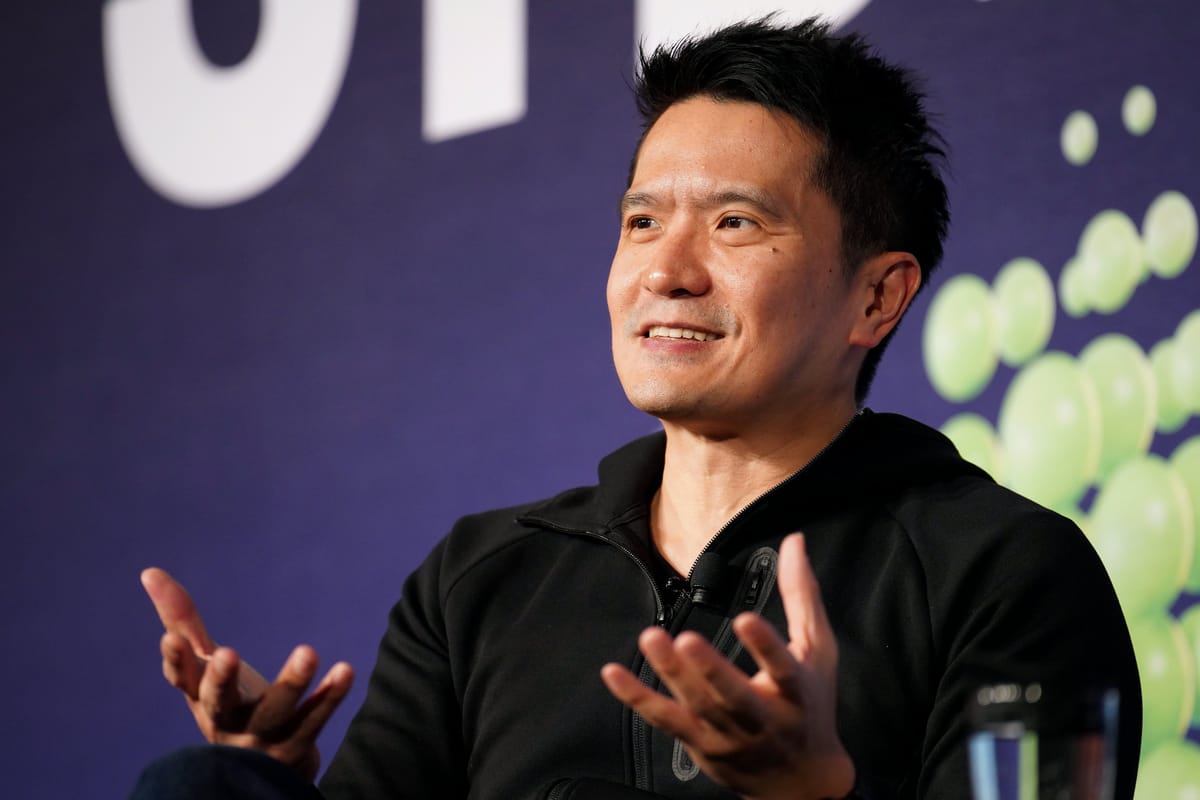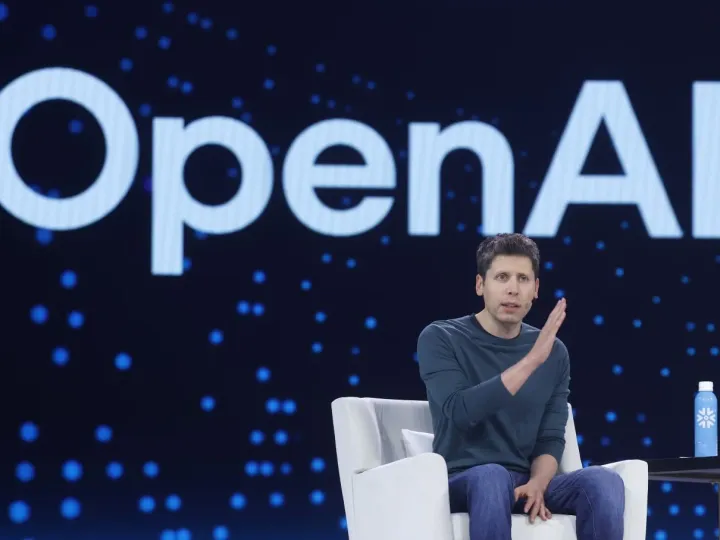Razer CEO Min-Liang Tan: AI Will ‘Completely Disrupt Everything’ in Gaming — From Development to Play

The AI Revolution Is Coming for Gaming
Artificial intelligence isn’t just changing work, art, and communication — it’s coming for gaming next. According to Razer CEO and co-founder Min-Liang Tan, AI is about to “completely disrupt everything” across the $189 billion global gaming industry.
“For us at Razer, the way we see it is that AI is going to completely change everything in gaming,” Tan told CNBC’s Beyond the Valley podcast. Speaking at Singapore’s SWITCH technology conference, Tan described a future where AI reshapes how games are developed, marketed, and played — transforming the experience for both creators and gamers.
With 3.6 billion players worldwide, gaming is already one of the biggest entertainment industries on the planet. Now, AI is set to make it faster, smarter, and more interactive than ever before.
How AI Is Changing Game Development
Tan believes that artificial intelligence will streamline every part of how games are made. From testing and debugging to creating levels and characters, AI could take over many of the most time-consuming parts of development — freeing up human teams to focus on creativity and design.
Traditionally, testing a new game — known as quality assurance (QA) — involves teams of people playing through every level to find glitches and bugs. According to Tan, QA can make up 20% to 30% of a game’s total development costs and take a third of the total production time.
Razer is now building an AI QA Companion, an intelligent testing system that can automatically spot, log, and even suggest fixes for bugs. “It automates the QA process and makes human testers more effective and productive,” Tan explained.
That means smaller studios could soon develop complex, high-quality games faster and at lower cost — potentially leveling the playing field between indie developers and billion-dollar publishers.
AI Tools for Gamers: Meet Razer’s Game Co-AI
AI won’t just help developers — it’s also coming to help players. Razer is working on a new product called Game Co-AI, a digital gaming companion that uses computer vision to “watch” how a player plays and give real-time feedback.
Game Co-AI can provide hints, strategy tips, or shortcuts to help gamers solve quests or defeat tough bosses. It will also draw on data from public APIs to personalize its advice. Razer says a beta version of the tool will launch in late 2025.
Tan says the goal isn’t to replace the thrill of discovery but to enhance it. “Game developers will use AI tools. Game publishers will market and distribute games with AI tools. And for gamers, AI will change the way they play,” he said.
AI Coaching for the Next Generation of Esports Pros
One of the most intriguing uses of AI in gaming could be in esports, the competitive gaming industry that attracts millions of viewers and generates billions in sponsorships.
Tan believes AI could become an invaluable training partner for professional gamers — analyzing playstyles, suggesting strategies, and helping players refine their reflexes and decision-making.
“We will not have AI running during a game itself,” he clarified, addressing concerns about cheating. “But what about during training? There’s a lot of excitement in respect of this. The opportunities are limitless.”
For the esports world, where split-second decisions and perfect precision can mean the difference between winning and losing, AI-driven coaching could be a game-changer.
Can AI Create Entire Games on Its Own?
While many gaming executives are experimenting with AI, not everyone agrees on how far it can go. Take-Two Interactive CEO Strauss Zelnick, whose company makes the blockbuster Grand Theft Auto series, recently argued that AI will never replace human game developers.
Tan sees things differently. He believes we’re on the verge of seeing games built largely by AI, possibly within the next year. “I think we will be talking about new, exciting games that have been built with AI,” he said. “Maybe we might see one or two major hit games.”
That doesn’t mean humans are being replaced, he added. Instead, AI can handle the “tedious” parts of development — like testing, balancing, or generating background content — while creators focus on storytelling, emotion, and gameplay.
“The human creativity still needs to be there,” Tan emphasized.
The Ripple Effect: Gaming as the Birthplace of Future AI Industries
Tan argues that the gaming industry has often acted as a launchpad for new technologies, from graphics cards to streaming platforms. He believes the same will be true for AI.
“A lot of what’s happening in the tech industry was born from gaming,” he said. “And I believe that a lot of what will happen for AI will also be born from AI gaming.”
If that prediction holds true, innovations developed for gamers — like AI companions, real-time rendering, and adaptive storytelling — could soon find uses far beyond gaming, in industries from education to robotics.
Razer’s Legacy and Its Next Big Bet
Founded in 2005 by Min-Liang Tan and Robert Krakoff, Razer became famous for turning gaming accessories into a lifestyle brand. The company’s first major product, the Boomslang mouse, was designed specifically for gamers and became an instant hit. “For a gamer, the mouse is everything. It’s an extension of your arm,” Tan said. “The more precise your mouse is, the more likely you are to get frags,” referring to kills in first-person shooter games.
Today, Razer sells everything from high-performance laptops to RGB headsets and gaming chairs, and it has millions of loyal fans around the world. Headquartered in Singapore and Irvine, California, Razer went public on the Hong Kong Stock Exchange in 2017 before going private again in 2022.
Now, with the launch of its AI-powered gaming tools, Razer is preparing for its next chapter — one that could reshape how billions of people experience games.
The Bottom Line: AI Is Changing the Game
From the way games are developed to how players improve and compete, AI is set to redefine every part of the gaming experience. For Min-Liang Tan, this isn’t just an evolution — it’s a complete reinvention.
“AI is going to disrupt everything,” he said. “And in gaming, it’s going to make things faster, smarter, and more creative than we’ve ever seen before.”
The next wave of gaming innovation might not come from faster graphics cards or bigger screens — but from intelligent systems that learn, adapt, and play right alongside us.



